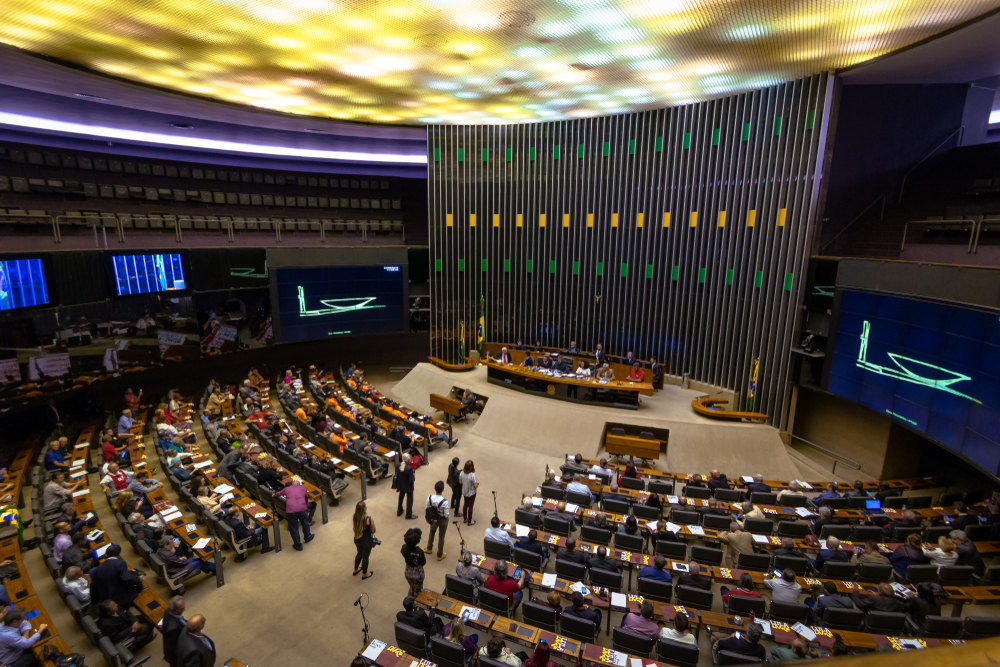No less than 30 parties had candidates elected for Congress in October – unprecedented, even for Brazil’s already high level of parliamentary fragmentation. Brazil has more parties represented in Congress than any other democracy in the world, which has created many problems for our presidents. Two of them have been impeached (Fernando Collor and Dilma Rousseff), while the other two (Fernando Henrique Cardoso and Lula) faced accusations – albeit on different scales – of having bribed congressmen to pass legislation.
The Brazilian political system has already been nicknamed “imperial presidentialism” due to the excessive power given to the executive branch. Presidents are able to control legislative agendas by using “provisional presidential decrees”, a form of decree that is effective immediately and forces the Parliament to vote on a given issue. Nothing else can be voted on before. But perhaps the most precise nickname for our system was coined in 1988 by political scientist Sérgio Abranches, who called it “coalition presidentialism.”
Our system is tremendously fragmented. The two main parties in the House, the Workers’ Party and President-elect Jair Bolsonaro’s Social Liberal Party (PSL) each control fewer than 11 percent of seats.
A grand total of 16 parties have fewer than ten congressmen. “Such a level of fragmentation is unseen in the world,” says political scientist Rogério Schmitt, who literally wrote the book on Brazilian political parties (Partidos Políticos no Brasil: 1945-2000, translated as “Political Parties in Brazil: 1945-2000”).
Brazil has the highest rate of effective parties in the world, according to a


 Search
Search






































